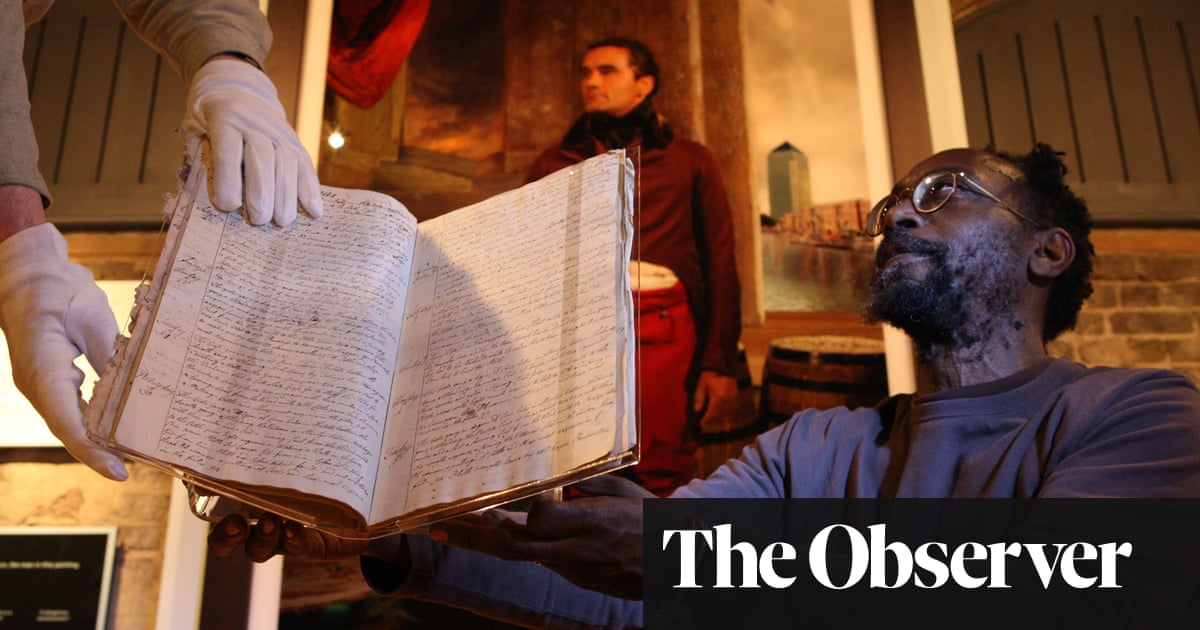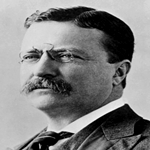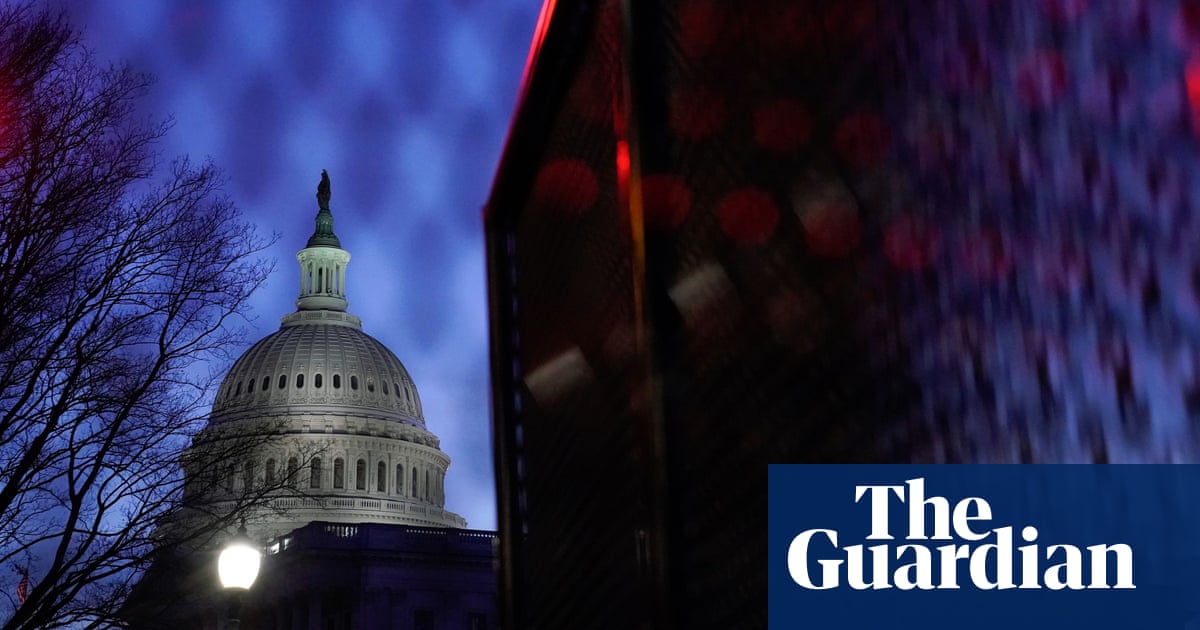
Below is an extract of a post published on Guardian titled "Dealing with the legacy of slavery | Letters"
Scroll down to the bottom of this article and tap the read article button to visit the Guardian post directly and give your opinion.

Make america great again.- Donald Trump.

What counts is not necessarily the size of the dog in the fight. It's the size of the fight in the dog.- Dwight D. Eisenhower.

The best executive is the one who has sense enough to pick good men to do what wants done, and self-restraint to keep from meddling with them while they do it.- Theodore Roosevelt.

Discipline is the soul of an army. It makes small numbers formidable; procures success to the weak and esteem to all.- George Washington.
America 1st Girl is a Blog by Conservative Artist Cara Sky.
Essentially i Blog on all things Donald Trump and on occasion post my own Art.
I curate Donald Trump articles and notable Tweets on your behalf from all over the web into one easy site for you to browse without trolling through hundreds of different sites or posts.
America 1st Girl is not affiliated with the journalist or Twitter user who published the original article or Tweet, nor is she responsible for any affiliations the journalist or Tweeter user in question may hold.
Everything here on America 1st Girl is Donald Trump related from Media to Podcasts, Forums, Blogs and Fan groups.
Via: Guardian
Bristol is not alone: hundreds of British cultural institutions have benefited from slave-based wealth The reopening of the Old Vic and artistic director Tom Morris’s comments regarding the theatre’s historic links to slavery reveal further evidence of the entrenched relationship between British culture and slavery (“New life for historic theatre as it faces up to ‘slave trade’ past”, News). Although Bristol has received much attention with regards to the cultural afterlife of slavery, it is not the only place to have such links. The Legacies of British Slave-ownership project at University College London has documented hundreds of cultural institutions across Britain that have benefited from slave-based wealth. In London, the Isle of Dogs was transformed to facilitate the business of slavery. Opening in 1802, the West India Docks served as a port in both the slave trade and the trade in slave-produced commodities. One of the surviving warehouses is now home to the Museum of London Docklands. The museum has recently opened Slavery, culture & collecting, which explores the life of George Hibbert, a slave-owner, collector and driving force behind the building of the docks. It documents Hibbert’s activities as a collector of art, books and plants and his philanthropy. Continue reading…



